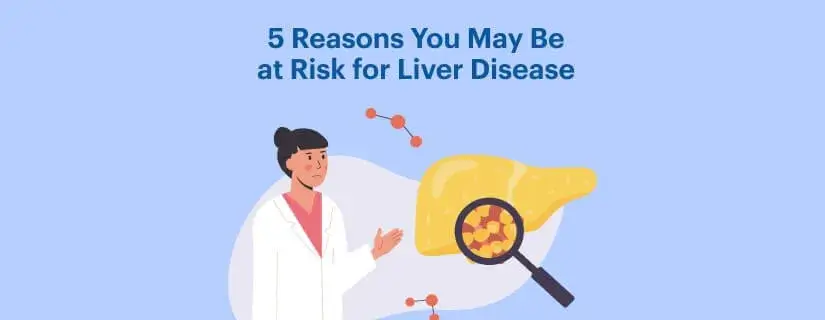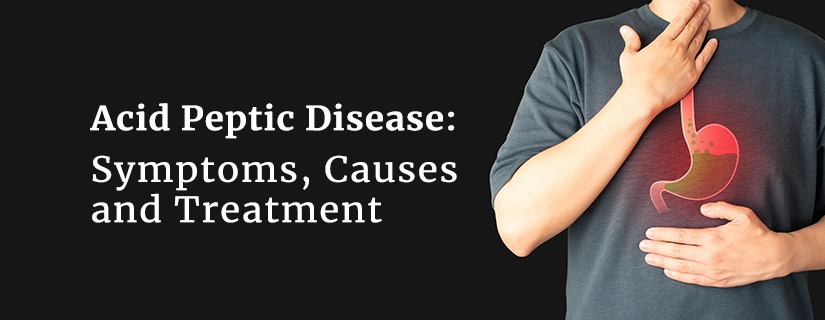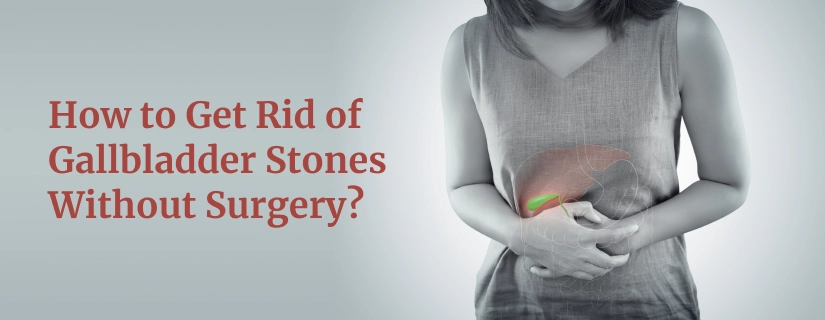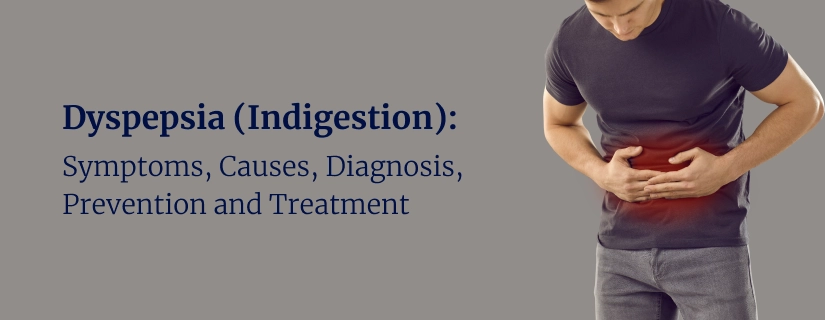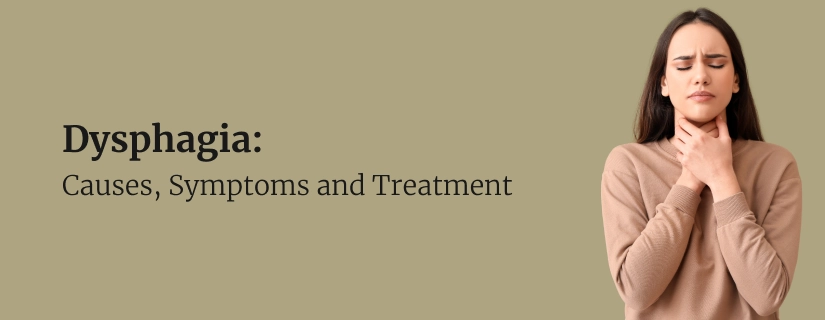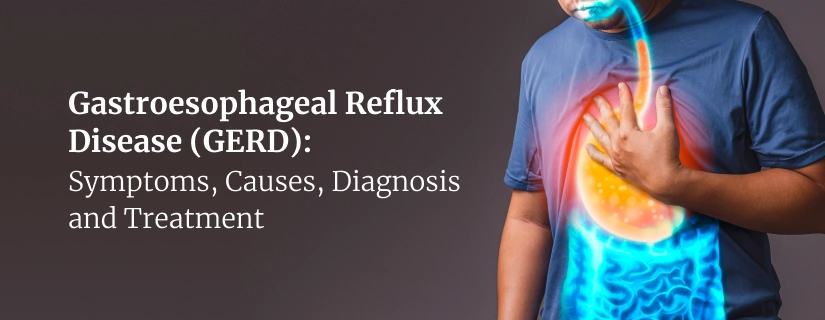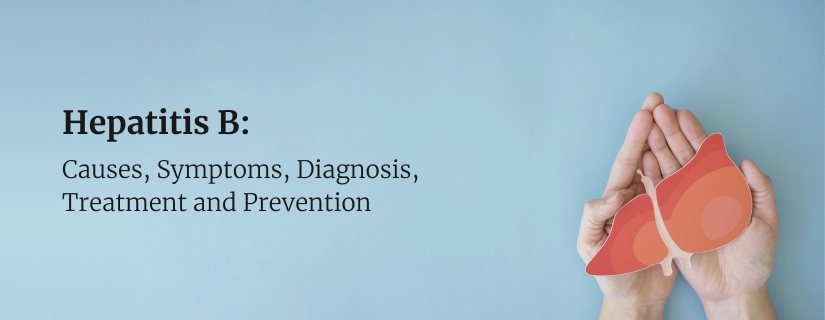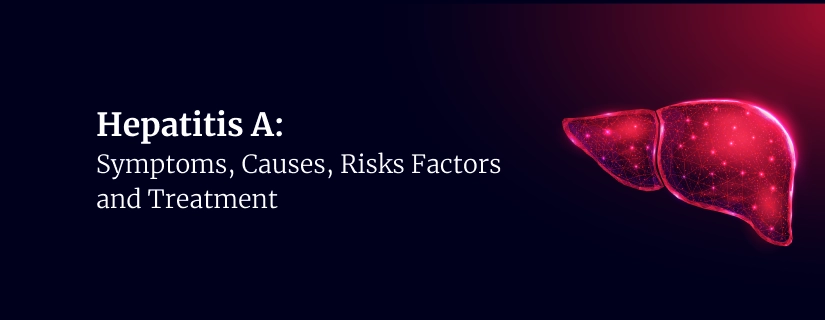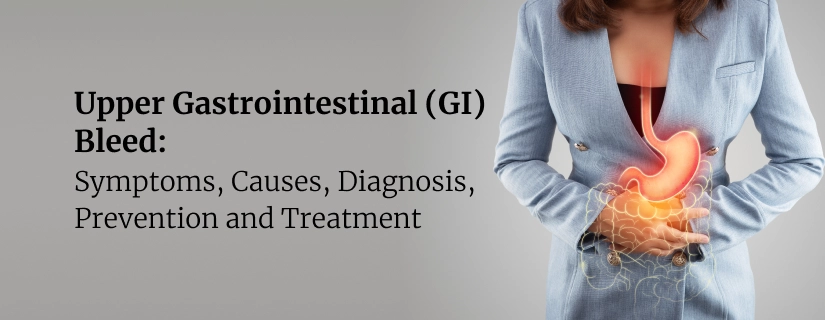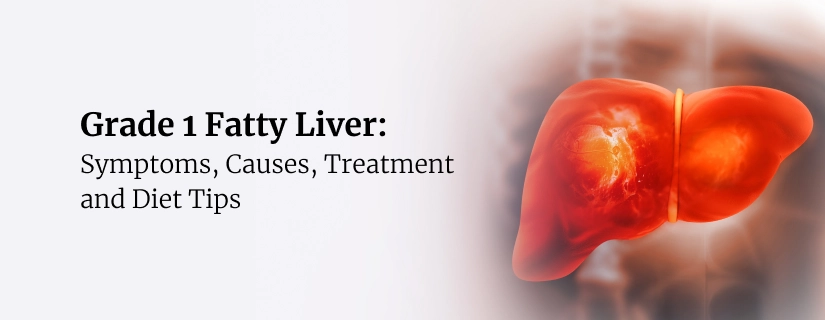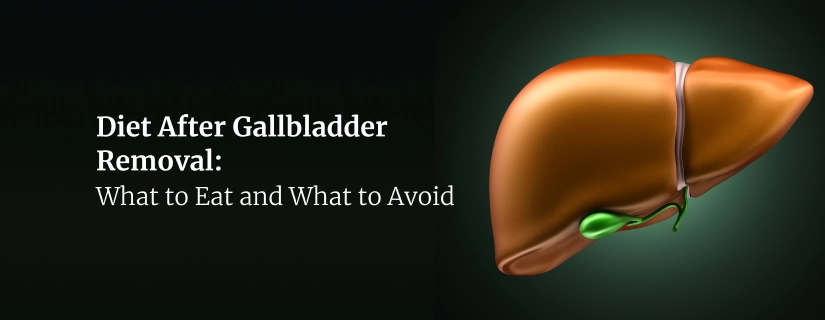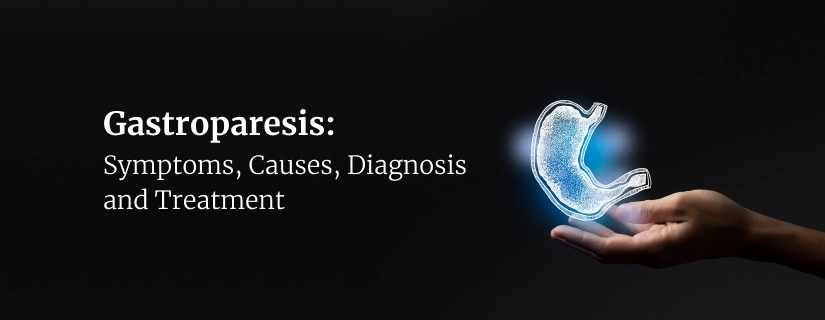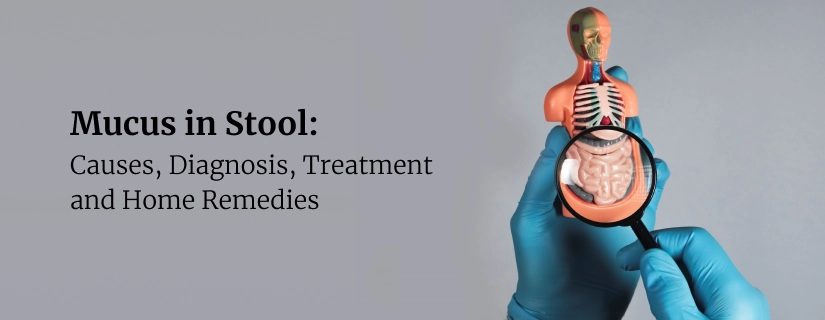-
Doctors
-
Specialities & Treatments
Centre of Excellence
Specialties
Treatments and Procedures
Hospitals & Directions HyderabadCARE Hospitals, Banjara Hills CARE Outpatient Centre, Banjara Hills CARE Hospitals, HITEC City CARE Hospitals, Nampally Gurunanak CARE Hospitals, Musheerabad CARE Hospitals Outpatient Centre, HITEC City CARE Hospitals, Malakpet
HyderabadCARE Hospitals, Banjara Hills CARE Outpatient Centre, Banjara Hills CARE Hospitals, HITEC City CARE Hospitals, Nampally Gurunanak CARE Hospitals, Musheerabad CARE Hospitals Outpatient Centre, HITEC City CARE Hospitals, Malakpet Raipur
Raipur
 Bhubaneswar
Bhubaneswar Visakhapatnam
Visakhapatnam
 Nagpur
Nagpur
 Indore
Indore
 Chh. Sambhajinagar
Chh. SambhajinagarClinics & Medical Centers
Book an AppointmentContact Us
Online Lab Reports
Book an Appointment
Consult Super-Specialist Doctors at CARE Hospitals
Stomach Flu (Viral Gastroenteritis): Symptoms, Causes, Diagnosis and Treatment
Updated on 16 February 2024
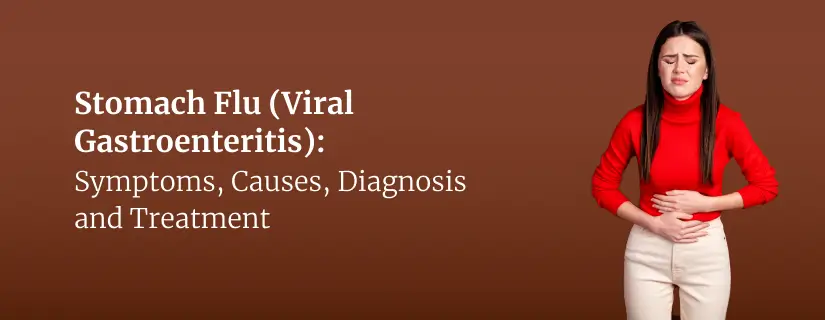
Stomach flu is a common illness that affects the stomach and intestines, causing symptoms like vomiting, diarrhoea, and abdominal cramps. It is also called viral gastroenteritis, meaning a viral infection of the stomach and intestines. Stomach flu is an unpleasant medical problem but brief for most people.
Here, we will try to understand what it is, its causes, symptoms, treatment, and when to see a doctor.

What is Stomach Flu?
Stomach flu is a viral infection of the digestive system, including the stomach and intestines. It is medically termed viral gastroenteritis. It leads to inflammation of the digestive system and symptoms like vomiting, diarrhoea, and abdominal cramps. Stomach flu is sometimes called a stomach bug.
Why is Viral Gastroenteritis Called “Stomach Flu”?
Stomach flu is named after influenza, although they are unrelated illnesses. Influenza affects the respiratory rather than the digestive system and is caused by different viruses. However, since both circulate in the same season, the term "flu" became loosely applied to refer to any sickness.
Calling it "stomach flu" distinguishes digestive illnesses from respiratory ones like actual influenza. The nickname reflects the flu-like stomach symptoms despite not occurring due to the same virus.
What are Stomach Flu Symptoms?
The stomach flu symptoms come from inflammation in the stomach and intestines. The most common symptoms are:
- Diarrhoea
- Nausea & vomiting
- Loss of appetite
- Abdominal cramps
In more severe cases, stomach flu symptoms may also involve:
- Fever
- Chills
- Fatigue
- Body aches
- Headaches
- Swollen lymph nodes
In summary, it usually involves digestive problems like diarrhoea, vomiting, and stomach pain, sometimes progressing to systemic symptoms affecting the whole body.
Causes of Stomach Flu
Stomach flu or viral gastroenteritis can be caused by several different viruses. However, doctors see certain culprits more often than others. The most common causes of stomach flu are norovirus, rotavirus, astrovirus, and adenovirus.
Norovirus is the leading cause of stomach flu, especially among adults. Rotavirus is the second most common cause, particularly in infants and young children worldwide. Astrovirus is another stomach flu virus, mostly affecting children under three years old. It often spreads through daycare centres. Finally, adenovirus typically causes respiratory illnesses but can sometimes lead to stomach flu if accidentally ingested.
To summarise,
- Norovirus: Leading cause in adults
- Rotavirus: Leading cause in infants and children
- Astrovirus: Affects children under 3
- Adenovirus: Usually respiratory, sometimes ingested
Overall, these viruses infect the digestive system, provoke an inflammatory immune response, and produce the symptoms we know as stomach flu. Doctors usually diagnose based on symptoms rather than identifying the specific virus. But norovirus and rotavirus account for most cases.
Stomach Flu Treatment
When you come down with stomach flu, it can feel miserable dealing with all the nausea, vomiting, and diarrhoea. But believe it or not, these unpleasant symptoms are actually signs that your immune system is busy fighting off the infection.
There's no quick fix or precise stomach flu medication that can instantly cure stomach flu - it just takes a few days for your body's natural defences to eliminate the virus.
The best way to help your immune system do its work is to:
- Get plenty of rest and stay hydrated.
- Drink small, frequent sips of water, broth, or electrolyte drinks to replace fluids lost from vomiting and diarrhoea.
- Try sucking on ice if you’re having trouble keeping liquids down
- Eating bland foods like saltine crackers, broth, and popsicles can also give your body the energy it needs without further upsetting your stomach.
While you can’t force the illness to resolve faster, researchers have found probiotics may help reduce the duration of stomach flu symptoms by a day or so. For effective stomach flu treatment, these probiotics support immune function and boost intestinal health. Check with your doctor to see if a probiotic supplement could aid your recovery.
On the other hand,
- Avoid foods that are fatty, sugary, or high in caffeine or milk, as these tend to aggravate diarrhoea and vomiting.
- It’s okay to eat simple foods as tolerated, but don’t feel you need to force yourself if you have no appetite.
- The key is replenishing fluids and electrolytes so you don’t become dehydrated.
- For severe dehydration, medical providers can give IV fluids directly into the bloodstream to replenish your body’s water and electrolyte levels.
- They may also prescribe medications to reduce prolonged vomiting or diarrhoea, although these aren’t typically given to children.
The main stomach flu treatment is simply helping your body’s natural defences work by getting plenty of fluids and taking it easy until the stomach flu runs its course.
How Long Does Stomach Flu Last?
The duration of stomach flu varies, but it typically clears up within a few days. In more severe cases, it can last up to 1-2 weeks. Those with weaker immune systems may take longer to clear the virus from their system completely. For most otherwise healthy people, stomach flu resolves within a few days.
Complications of Stomach Flu
Most cases of stomach flu are uncomplicated and get better without needing significant treatment. However, dehydration is a major potential complication, especially for high-risk groups like young children and the elderly. Signs of dehydration include:
- Thirst
- Changes in urination
- Weakness
- Dizziness
- Dry mouth
Prompt hydration is key to managing dehydration, the most likely complication.
Stomach Flu Diagnosis
Stomach flu is typically diagnosed based on the characteristic clinical symptoms. Specific stomach flu virus testing is not needed in most cases. Doctors can diagnose the stomach flu from nausea, vomiting, diarrhoea and abdominal pain.
When To See a Doctor?
See a doctor if:
- Symptoms last over four days
- High fever for over four days
- No urine/poop for two days
- Signs of dehydration
- Blood in stool
- Severe abdominal pain
Get medical attention if you have severe, persistent stomach flu symptoms or suspect dehydration.
Conclusion
Stomach flu typically resolves within days without complications for healthy people. High-risk groups or people with weak immune systems may experience more severe illness requiring treatment. Take precautions to avoid coming in contact with the stomach flu virus or spreading it to others. While uncomfortable, the symptoms indicate your immune system is actively combating the infection. Staying hydrated and rested helps your body recover sooner. It is always better to visit the concerned doctor for medical advice and treatment.

ENQUIRY FORM
SELECT CATEGORIES
-
Neurosciences (16)
-
Neurology (37)
-
Neurosurgery (14)
-
Orthopaedics (48)
-
Oncology (33)
-
Obstetrics and gynecology (52)
-
Pulmonology (23)
-
Urology (20)
-
Nephrology (13)
-
Psychiatry (7)
-
Dietetics and Nutrition (111)
-
General Medicine (63)
-
Cardiac Sciences (32)
-
Vascular & Endovascular Surgery and Interventional Radiology (15)
-
Gastroenterology (46)
-
Endocrinology (23)
-
Plastic Surgery (10)
-
Critical Care Medicine (5)
-
COVID-19 (16)
-
Dermatology (16)
-
Emergency Care (1)
-
Ophthalmology (4)
-
Pediatrics (14)
-
Laparoscopic and Bariatric Surgery (8)
-
ENT (15)
-
Kidney Transplant (1)
-
Liver Transplantation and Hepatobiliary Surgery (5)
-
General Surgery (3)
-
Internal Medicine (5)
-
Medicine Information
Leaky Gut Syndrome: Symptoms, Causes, Diagnosis, and Treatment
Stomach Ulcer: Symptoms, Causes, Treatment and Home Remedies
YOU MAY ALSO LIKE
RECENT BLOGS
-

Preterm Birth (Premature Birth): Symptoms, Causes, Treatment and Prevention
13 May 2025
Read More
-

Rotablation Angioplasty: Benefits, Treatments, And Recovery Time
9 May 2025
Read More
-

What Is The Difference Between IUI and IVF?
9 May 2025
Read More
-

Venous Malformations: Causes, Symptoms, and Treatment
30 April 2025
Read More
-

Varicose Vein Foam Sclerotherapy: Treatment, Benefits, and Procedure
30 April 2025
Read More
-

Radiofrequency (RF) Ablation Treatment for Varicose Veins: Know More
30 April 2025
Read More
-

Varicose Vein Sclerotherapy: Treatment, Benefits, and Procedure
30 April 2025
Read More
-

Varicose Vein Endovenous Laser Ablation: Procedure, Benefits, Risks
30 April 2025
Read More
Have a Question?
If you cannot find answers to your queries, please fill out the enquiry form or call the number below. We will contact you shortly.










